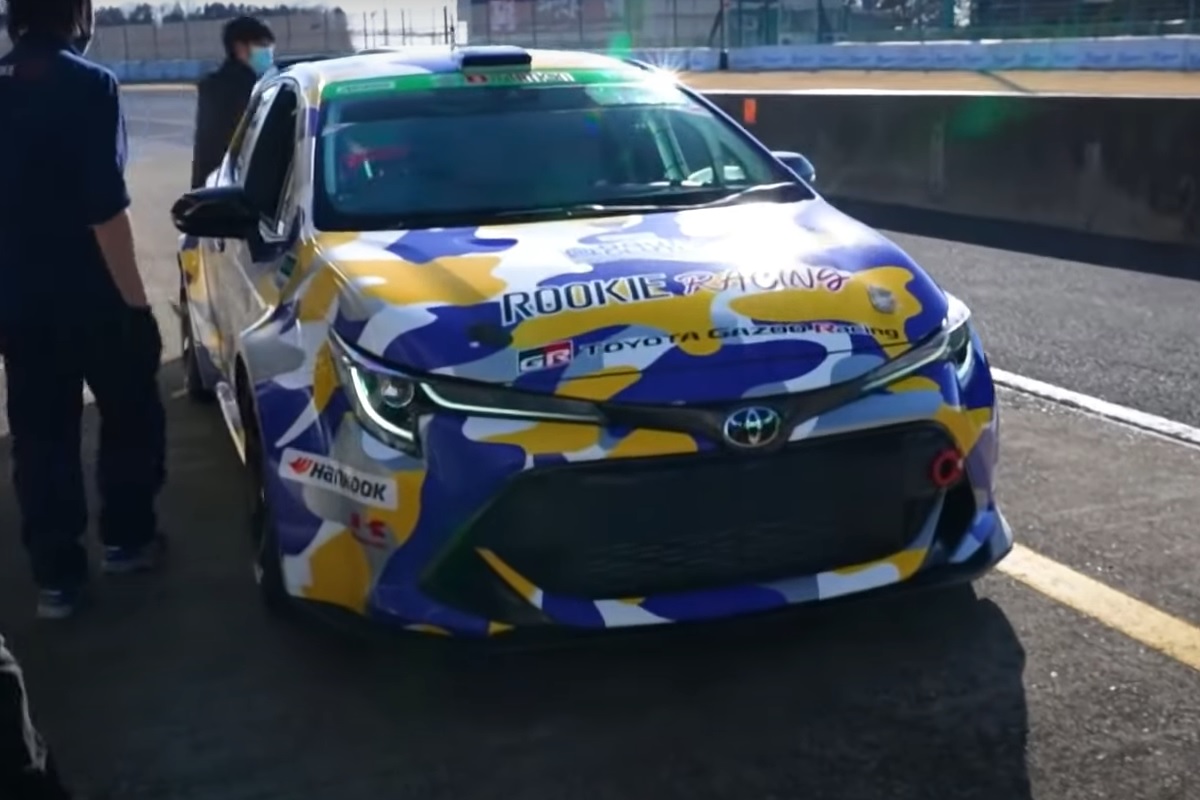
What do hydrogen cars sound like?
January 27, 2024Since there is more than one type of H2-powered engine, there has been some confusion about the sound.
Since electric cars have such a great reputation for being quiet and reducing sound pollution, many people are wondering the same thing about hydrogen cars.
The sound produced by one of these zero-emission vehicles depends on its engine type.
The most common type of hydrogen cars are fuel cell vehicles, which don’t produce any carbon emissions at all. These are essentially electric cars that are powered by H2 used in a fuel cell that generates electricity for an electric motor. Therefore, when it comes down to it, fuel cell vehicles make a similar amount of sound to a battery electric car. If reducing noise pollution is appealing to you, then you’ll be happy to hear that this version of the vehicle is right up your alley.
On the other hand, there are hydrogen internal combustion engines. These, like conventional engines, burn the fuel to power a similar ICE design. This helps to explain why the Toyota Corolla endurance racer vehicle sounds very similar to conventional internal combustion engines. That said, it produces far fewer carbon emissions.
Vehicle enthusiasts who love noisier engines might like ICE hydrogen cars for the sound they make.
The racing model of the Toyota vehicle has a rumble to start and graduates to the higher roar as it revs up upon acceleration out of a pit lane, as can be heard in the video below.
Following the clip of the sound of the sound of the hydrogen car, Hiroaki Ishiura, the Toyota racing driver comments that “It’s not as different as I expected [than a gasoline-powered internal combustion engine]. It feels like a normal engine. [If I hadn’t otherwise known,] I’d probably think this is a normal engine.”
Why the different sounds?
The 1.6-liter, three-cylinder turbocharged internal combustion engine in the Corolla race car burns H2 instead of gasoline, which explains the different sound from the fuel cell vehicles, even those from the same automaker, such as the Toyota Mirai.
Still, it is the fuel cell hydrogen cars that are the most likely among H2-powered passenger vehicles to become mainstream. The ICE design is expected to be either a specialty design, such as for race cars, or will be the result of retrofits of existing conventional gasoline-powered ICE vehicles to reduce their carbon emissions.
In conclusion, the sound of a hydrogen car largely depends on its engine type. Fuel cell vehicles, which are essentially electric cars powered by hydrogen, produce a similar amount of sound to a battery electric car, making them an excellent choice for those interested in reducing noise pollution. On the other hand, hydrogen internal combustion engines, like conventional engines, make a sound that is more familiar to traditional vehicle enthusiasts. Despite the different sounds, both types of hydrogen-powered engines significantly cut down on carbon emissions, marking a promising step towards eco-friendly transportation. While the fuel cell hydrogen cars are most likely to become mainstream, the ICE design serves as a transitional or specialty option. Regardless of the engine type, hydrogen cars offer a viable and more sustainable alternative in the automotive industry.



 HFN News is your leading source for fresh hydrogen and renewable energy updates. Amid the fast-paced growth of hydrogen companies, we provide top-notch news and insights about this exciting sector. Our coverage spans from hydrogen cars to global sustainable initiatives, and we highlight the latest in green jobs and developing hydrogen hubs. We invite you to share your local hydrogen news and explore today’s renewable energy job listings on our site. Thanks for choosing HFN News as your trusted guide to the hydrogen and renewable energy world!
HFN News is your leading source for fresh hydrogen and renewable energy updates. Amid the fast-paced growth of hydrogen companies, we provide top-notch news and insights about this exciting sector. Our coverage spans from hydrogen cars to global sustainable initiatives, and we highlight the latest in green jobs and developing hydrogen hubs. We invite you to share your local hydrogen news and explore today’s renewable energy job listings on our site. Thanks for choosing HFN News as your trusted guide to the hydrogen and renewable energy world!